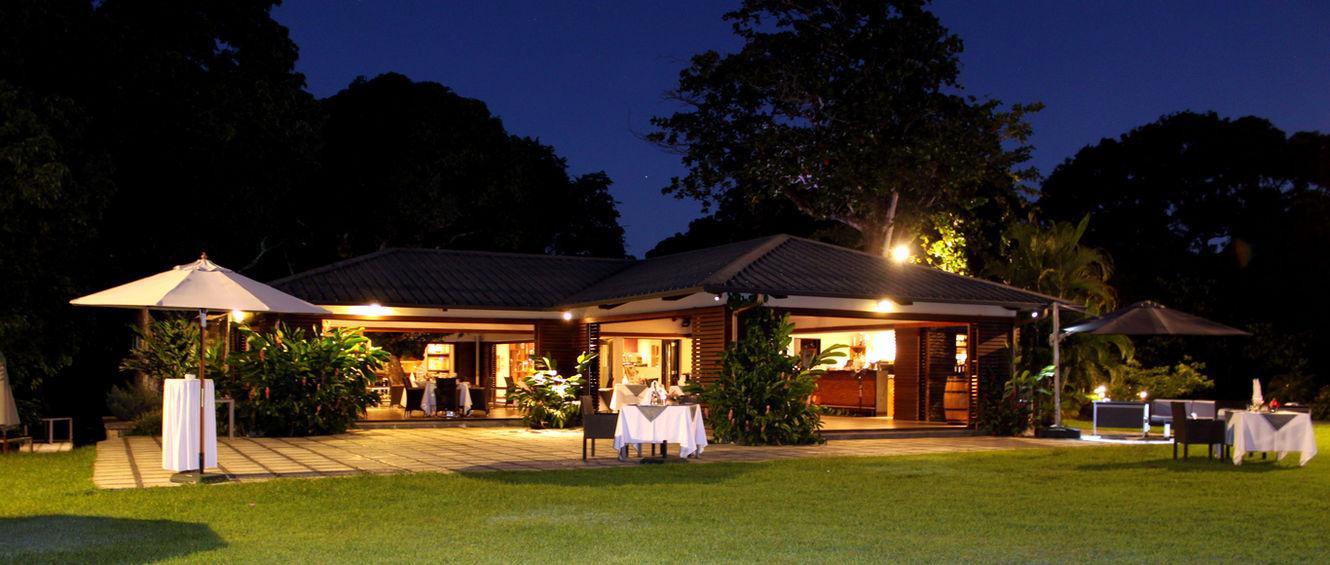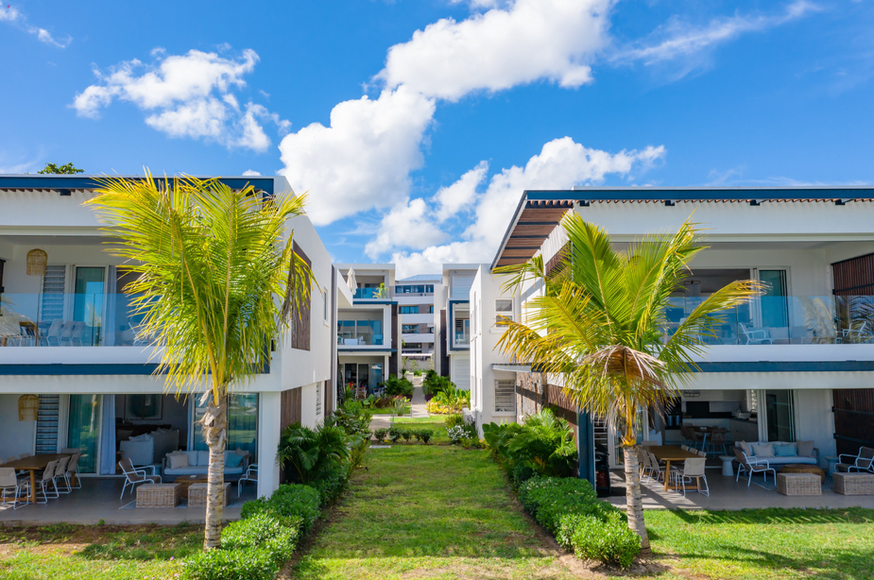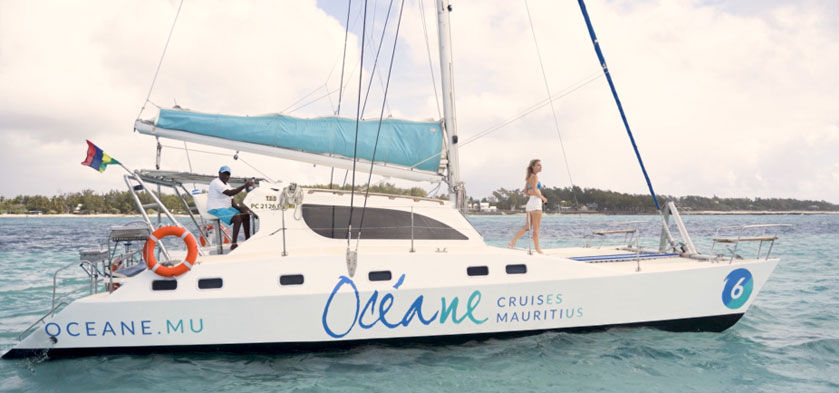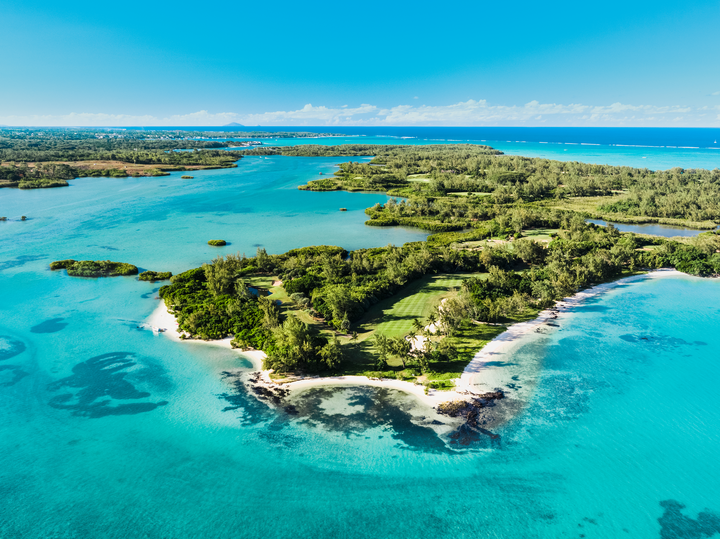Navigating Taxation in Mauritius: A Comprehensive Guide
- Triplet 59
- May 18, 2023
- 4 min read
Updated: May 22, 2023
Companies with a Mauritius address as their "domicile" are subject to tax on their worldwide income, while companies with a foreign address are only subject to tax on their local income.
A business is considered "resident" in Mauritius if it meets one of the following criteria.
Mauritius's legal system recognises it.
Management and oversight are carried out primarily in Mauritius.
Legally, a company with a Mauritius address but remote management is not considered to be a legal resident of Mauritius.
In Mauritius, an individual's tax burden is determined through a process of self-assessment. Taxes are calculated using the previous year's income. The fiscal year is considered to begin on July 1 and end on the last day of June.
Taxation in Mauritius for Companies
Mauritius imposes a 15% corporate income tax. A business may qualify for a 3% tax rate under certain conditions, though.
Profits made from selling items internationally, even if they never physically leave the country where they were produced.
Businesses that make products for the medical, biotech, or pharmaceutical sectors and have received an Investment Certificate from the Economic Development Board.
Profits made by a Mauritius university or college approved under the country's Higher Education Act.
To the extent of 80%, certain types of income are exempt from taxes:
Foreign-based dividends and interest payments.
Profits made by an overseas subsidiary or branch.
Gains from a Collective Investment Scheme (CIS), closed-end fund, CIS manager, CIS administrator, Investment Adviser, Investment Dealer, or Asset Manager registered with the Financial Services Commission.
Revenues accumulated through the leasing of transportation facilities such as ships, planes, trains, and rail networks.
Gains realized from the purchase or sale of reinsurance.
Renting out fiber optic capacity brings in money from all over the world.
Gains from the sale, lease, and management of aircraft, as well as the sale, lease, and management of aircraft parts and advisory services.
P2P lending platform interest accrued.
Lessening of Mauritius Taxes
Some businesses can start up without paying taxes for the first eight years.
Newly established businesses that are pioneering ground-breaking IP applications after July 1, 2017.
Companies that specialise in the installation and maintenance of air conditioning systems that utilise seawater as the cooling medium.
To institutions receiving an EDB Investment Certificate on or after July 1, 2021.
Businesses whose Worldwide Central Office Administration License Start Date is after September 1, 2016 are eligible for this.
In addition, there are tax breaks available to specific industries and businesses that can last from five to ten years.
Mauritius Corporations' Social Responsibility (CSR)
Corporations are required to establish a CSR Fund equal to two percent of their taxable income from the previous year.
Personal Income Taxes in Mauritius
After subtracting the IET and any other qualifying reliefs, the remaining amount is the individual's taxable income.
Residents of Mauritius are required to pay tax on their worldwide income, less any allowable exemptions. Non-residents are only liable for taxes on income earned in Mauritius.
The tax rate for individuals ranges from 10% to 15% of their after-tax income.
Habitat Situations of Individuals
A tax resident of Mauritius is defined as an individual who meets all of the following conditions:
If he doesn't have another domiciliary location, Mauritius will be assumed to be his primary residence.
spent at least 183 days in Mauritius.
During the current income year and either of the two preceding income years, spent at least 270 days living in Mauritius.
Individuals may also be eligible for a tax holiday under specific conditions.
Tax on Mutual Assistance in Mauritius
In India, those with incomes above Rs 3 million per year are subject to a 25% solidarity levy, with the maximum amount being equal to 10% of the country's total net income and dividends from residents companies.
The solidarity levy is a progressive tax that levies a larger share of the wealthiest citizens' income in an effort to narrow the income gap. It's set up in a way that facilitates redistribution of wealth while imposing as little as possible on taxpayers.
25% of the excess income (the amount over Rs 3 million) is compared to 10% of total net income and dividends from resident companies to arrive at the levy. To calculate the taxpayer's solidarity levy, take the smaller of these two numbers.
The following is how the levy would be calculated for a resident who has a total net income of Rs 5,000,000 and also receives dividends of Rs 1,000,000 from companies that are also residents.
Twenty-five percent of the surplus funds is Rs 500,000 (or 25% of Rs 5,000,000 - Rs 3,000,000).
Ten percent of all profits and dividends: 10 percent of R5,000,000 + R1,000,000, or about Rs 600,000.
The resident's solidarity levy would be reduced to Rs 500,000 from Rs 600,000.
The solidarity levy is a form of taxation that is used to fund social programs and other initiatives that aim to help those with lower incomes. Therefore, the solidarity levy not only aids the government in raising more funds, but it also aids the social goal of reducing income disparities.
While every effort has been made to ensure the accuracy of this information, it is not meant to replace the advice of a tax professional or the official tax authority, as tax laws are complex and open to interpretation.
Double taxation agreements have been signed with 45 countries, and more are in the works with Mauritius. Go to https://www.veri-global.com/article/103/mauritius tax regulations/ for a comprehensive list of the countries with which such treaties are in force at the present time.
#MauritiusTaxSystem #BusinessTaxation #IndividualIncomeTax #TaxExemptions #ResidentTax #CorporateSocialResponsibility #SolidarityLevy
Proudly Promoting Mauritius:
We are delighted to work together in promoting the beauty and opportunities of Mauritius.
Our websites, Mauritius Life, Veri Global, and Property Finder, are committed to providing valuable information, resources, and services related to Mauritius, its culture, economy, real estate, and more.
Please explore our websites to discover the rich cultural heritage, breathtaking beaches, thriving economy, top-notch real estate listings, investment administration, and knowledge that Mauritius has to offer. Together, we aim to showcase the best of Mauritius and assist you in making informed decisions about living, investing, and experiencing all that this beautiful island has to offer.



































Comments